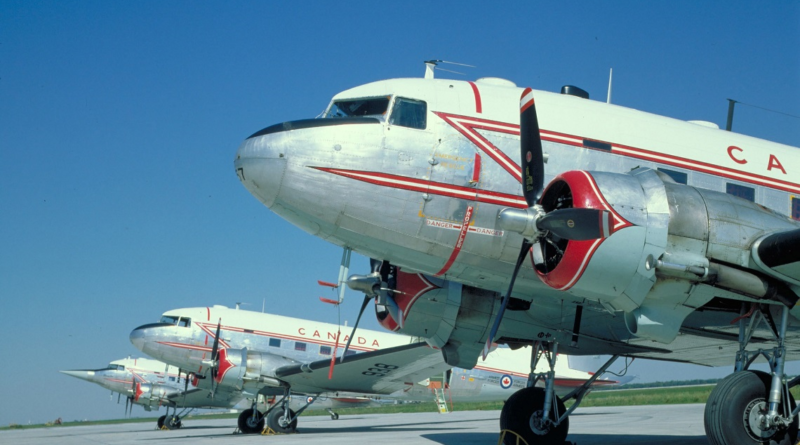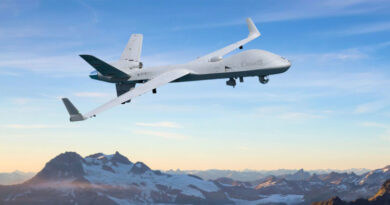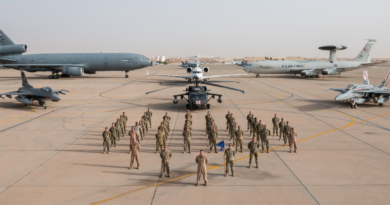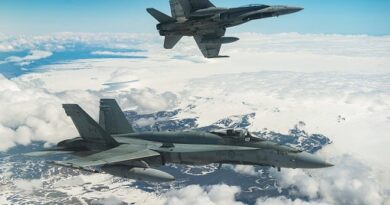Pilot Retention – Some Reminiscences
The article “Clock ticking as Royal Canadian Air Force looks to stop hemorrhaging experienced pilots” is a 10 February 2019 article by Lee Berthiaume and published in the National Post. The reporter wrote that “A shortage of experienced pilots is forcing the Royal Canadian Air Force to walk a delicate line between keeping enough seasoned aviators available to train new recruits and lead missions in the air.” The article sparked some thoughts in this long-time flyer.
Maybe the Air Force is trying to fix the symptoms and is missing one of the root causes of the problem. Much has been said of flying aging aircraft and posting families to remote regions, and those views are valid. However, thinking back to my own humble beginnings – most recruits for aircrew training came into the RCAF as Officer Candidate Training Plan (OCTP) candidates from high school, and we came in droves. Very few of us aspired to become generals, or even colonels, but we had a passion to fly and the only paperwork we wanted was in the washroom! There were sufficient career-oriented folks from the military colleges to feed the “food chain.” The rest of us were happy to stay flying and seeing progressive pay increases based on “time served in the cockpit,” to the point that a senior captain (flight lieutenant) could make the same coin as an Army colonel. We were not “upwardly mobile” and could not even qualify for an interview for most civilian jobs. We were, in essence, pension prisoners, and that’s not such a bad thing. Most high school grads turned out to be great pilots and never expected to become generals. By tying pay rates to rank instead of job performance, we may be missing a key point – every year, my evaluation documented what I was contributing well to the “war effort” and, without a degree, I managed to retain my rank every year and to attain over 13000 flying hours, with the same number of arrivals as departures (i.e., success!).
I recall that back in 1977 when I was running the recruiting centre in Kitchener, I could not understand why I was being directed to hire university graduates and then hope that these highly educated people could be “motivated” to a military career. Instead, maybe the military should concentrate on identifying current service individuals that were already motivated, and on educating them! Upwardly mobile people will be just that – mobile. Many candidates I interviewed would have been desirable aircrew recruits, but lacked a degree and were “shunned” by headquarters in Ottawa. The most important feature of aircrew should be hinged on effective training, as opposed to academic prowess. (One of my bright student cadets at the air navigation school in Winnipeg turned okay – a high school grad from Ear Falls, Ontario, he went on to become Chief of the Air Staff).
Another issue has to do with morale. I remember the days in Cold Lake when there was access to CT133 aircraft that could be “borrowed” for the weekend for going anywhere where ration and quarters were available, even in the US. Personally, my little flight of CC129 Dakotas could be available for shopping trips, football games, Legion dart shoots, and other pressing military activities. Once, I even took an aircraft to Nashville to pick up George Hamilton IV and his band for entertaining at the corporals’ club in return for a week of hunting and fishing in the weapons range, curtesy of choppers from the Base flight. The Base Commander was delighted to support these activities. (However, when the base reverted to Training Command, this all stopped, and the colonel got me on a CC130 transport course to avert a sticky situation for me as the CC129 flight commander.) It’s interesting to note that these small things had a huge impact on base personnel, and promoted a feeling of “air force culture.” That culture doesn’t seem to be there anymore; the duty has become “a job.” In fact, the final straw for me when I was the training director for a squadron in Trenton, when the Base Commander ordered that the bar could only open Fridays at 5 pm (the Friday afternoon crowd was forced to move to an Air Force Association bar!). I invoked the 1-30 rule: tick me of once, and I’ll be gone in 30 days. (Anyway, 30 years was enough, and by now I had 2 degrees and wanted to get into the flight operations consulting and training business – flying first class in the co-pilot’s seat was easier than dodging thunder-bumpers and making 200 and a half approaches!)
This work is the sole opinion of the author and does not necessarily represent the views of the Canadian Armed Forces, the Canadian Department of National Defence, the Royal Canadian Mounted Police or the Royal United Services Institute of Nova Scotia. The author may be contacted by email at: RUSINovaScotia@gmail.com.




